|
Importance of Taking a Break The thought of putting Kevin in his cat carrier and having a non-allergic barista come and take a photo with us was seriously considered. Knowing Kevin hates the carrier affirmed that I couldn't put my wants in front of his needs, even though he has been scratching the arm of my favourite chair. What we did do was have some time to relax by the back window and chat about our lives - chasing mice, chasing kids - washing tail, using a new shampoo - taste of the new cat food, new restaurant in the neighbourhood. It is good to take a break to think about something else for a few minutes other than the task(s) waiting for you at your desk.
The different generations in the present workplace have brought other social and emotional requirements for employees that had not been commonplace until only a few years ago. As technology changes exponentially, it affects how society communicates and navigates day-to-day. The "Old Guard" or "Silverbacks" 55+ Boomers club, want to know why is everyone going for a coffee break at 10am. That is what a lunch break is for. The "Gen X'ers" 35+ are torn between not having the time to go for a 10am coffee break, and not wanting to look like they aren't keeping-up with the new "hip" kids. Then there are the "Gen Y'ers" 20+ or the Millennials. Now, there is commentary circulating that the Millennials have entitlement issues - the need to instantaneously have what their parents have or what their mentors have as soon as they graduate from post secondary school - not recognizing the 20 years plus required to achieve some of these titles and assets. This observation is not completely unfounded, however, there are many Millennials who bring a host of skills to the workplace; hard-working, tech savvy, eager to learn, and very adaptable. In addition, the way in which they prefer to work and how they view their workplace rights, is not quite conventional. Coming into the office later in the day and working until late seems to fit some Millennial profiles, as well as working more during the week and not on weekends. For some offices and projects, this revised work schedule can be completely appropriate. This alternate timing can work to a teams advantage if there are also individuals that prefer to arrive early and leave early - then there are always people in the office working from early until late and this can help productivity. Many Millennials also like titles. Titles are not quite what they once were. In the current customization atmosphere of companies, creating a new title or giving a title to a less-than-attractive position is quite common. This doesn't necessarily have the integrity and accountability of a grand title. Multiple letters after a name is also deemed an asset with your title. In many cases, the letters can be bought - because you took the course and received the letters doesn't mean you actually have the experience. Giving a title is fine - once the client has yelled at you on the phone or in a meeting, the need to flaunt your title begins to weaken. With our technological society, texting, checking social media, and connecting to our world, it is important for us. It is also important to take breaks and keep our mental selves healthy. There should be times in the day where we see what the Bad Cardigans are wearing and what clever cat blogs are online. As long as time isn't been taken from the overall projects schedule, and affecting others work, minutes here-and-there are acceptable. In the overall project work plan and schedules, there should be buffer times for vacations, team functions, overtime requirements, and gaps of slower periods of work, if any. This info should be shared with the team so they know when and where their skills are required and for how long. It shouldn't always matter how an employee gets their role accomplished. If they are capable and can do the work of 2 individuals, then inquire if they are comfortable taking on more responsibilities. Even though they are highly efficient, it doesn't mean that they still will not burn-out, or enjoy the increased workload. Once they leave the project, you still need to get the work done and re-train someone else, so it is easier to adjust a few hours of tasks and keep everyone content. Kevin wanders over to where I am typing and yawns as he looks up at me. This is his way of suggesting "it is time for you to take a break, scratch my behind, let me outside, and make yourself a tea." I welcome the break.
0 Comments
Leave a Reply. |
Author(s)Fiona Warren - 17 years experience with large high-profile projects and teams. Archives
April 2018
Categories |
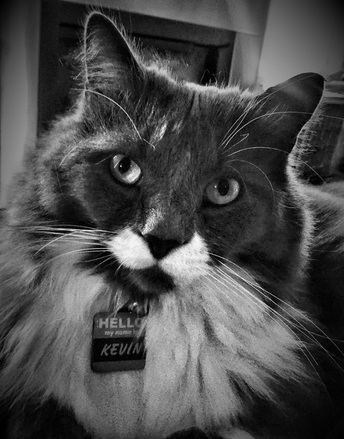
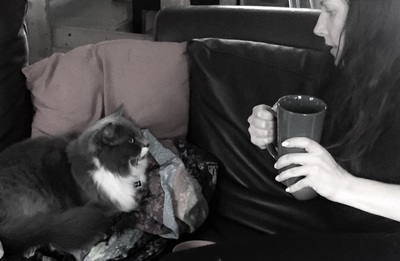
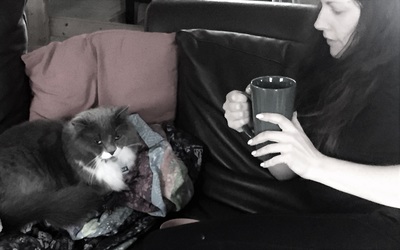
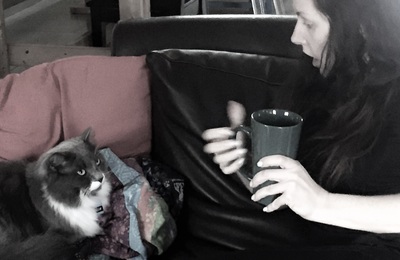
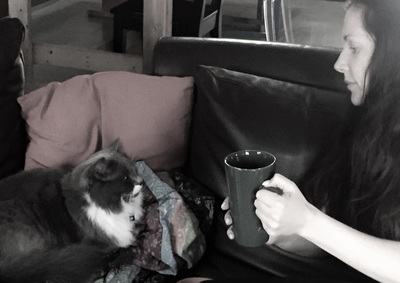
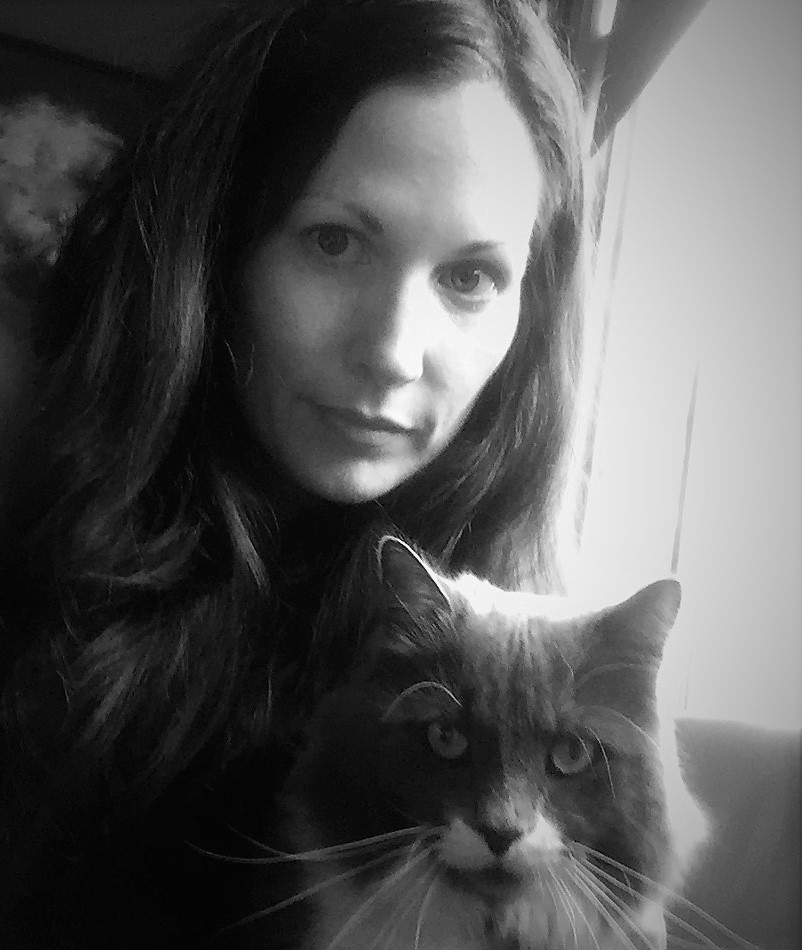
 RSS Feed
RSS Feed